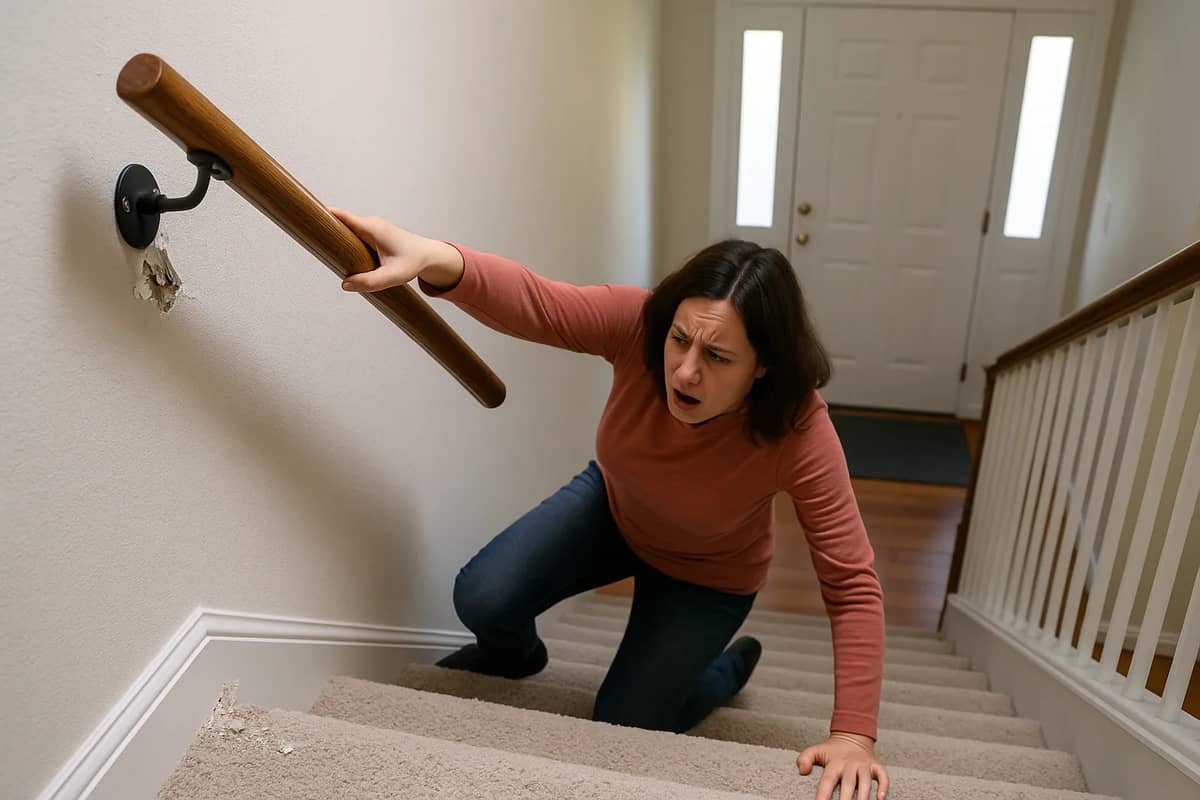Jury Rules Against Tenant in Stair Railing Lawsuit

Case Background
Stephanie White had been renting a basement apartment at 2 Grove Hill Road in Clinton, Connecticut, a property owned and controlled by Ed and Lisa Albarino. On September 14, 2019, while using the interior stairway leading to her unit, White reached for the handrail. The railing detached from the wall, causing her to fall. She later filed a lawsuit claiming that the fall had resulted from the Albarinos’ failure to properly maintain the premises.
The cause that led to the dispute
White brought claims under two legal theories: negligence and common law recklessness. She alleged that the landlords had either known or should have known about the defective condition of the stairway railing and failed to take necessary steps to correct it.
Injuries suffered
White’s fall had resulted in a broken right leg and a broken right ankle. She underwent surgery, during which doctors inserted two screws in her ankle and a plate in her shin. Her recovery required emergency care, physician visits, x-rays, orthopaedic care, physical therapy, and prescription medications. She also missed work and anticipated additional time away from her job in the future.
Damages
White claimed she had incurred substantial medical expenses due to the injuries. She also cited lost wages, pain and suffering, and long-term physical limitations. The complaint
Continue Reading This Article
Subscribe to access this article and our entire library of legal content.